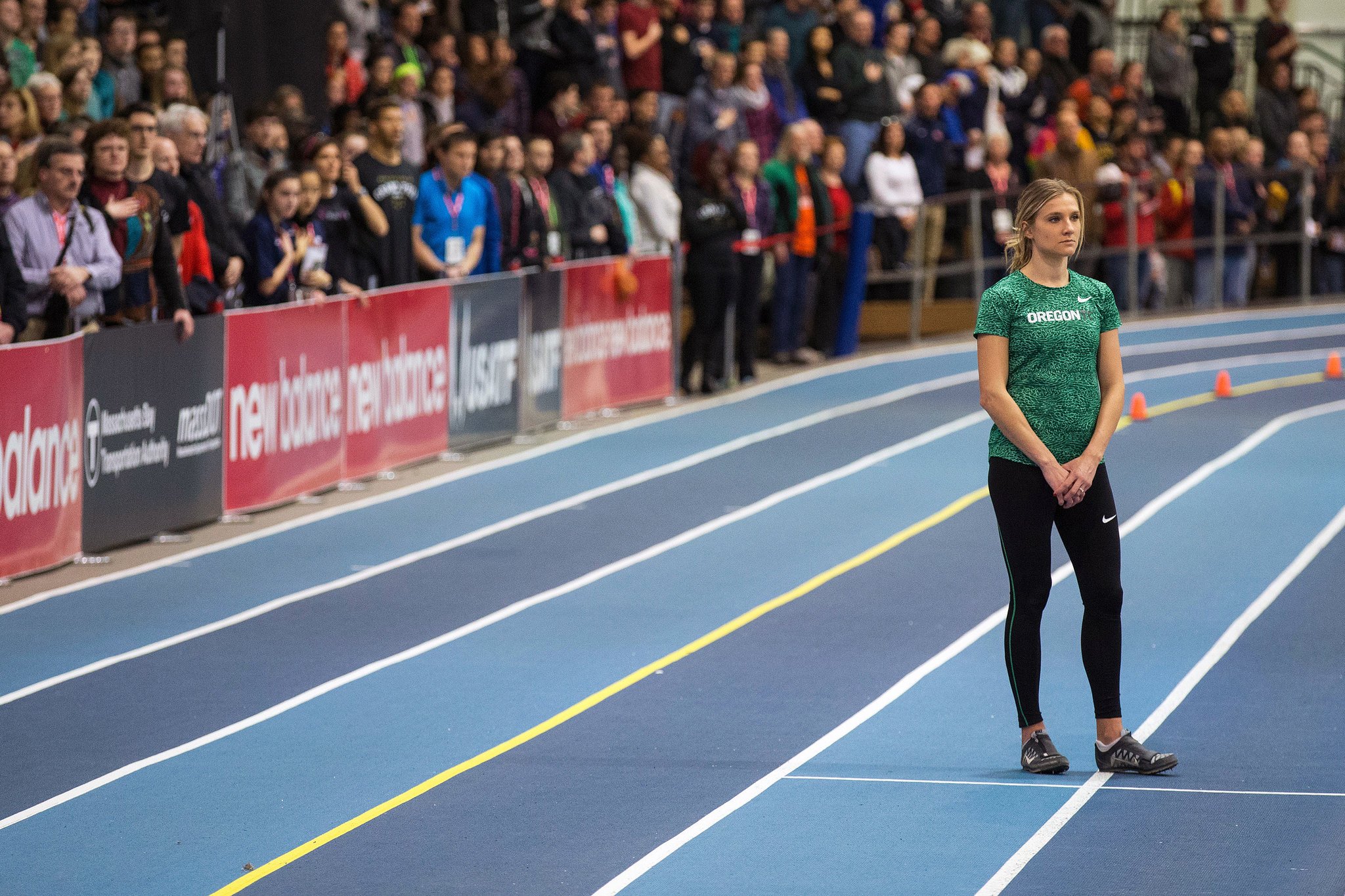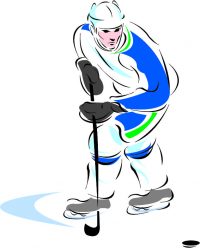
by Jean Seville Suffield | Education
In a Glasser Quality School, Total Learning Competence is stressed. Evaluations of work that are below competence (what is now a “B”) is eliminated.
All schooling as defined by Dr. William Glasser has been replaced by useful education.
For example, one school working on the Glasser Quality School Model uses a scoring system consistent with Dr. Glasser’s recommendations, but with considerable enhancement. The in-house progress testing used is:
- Learning in Progress (P) means competence is not yet reached
- Competence (C)
- Advanced (A)
- Mastery (M)
To proceed beyond Competence to Advanced, a student engages in teaching someone else or shows a standard well beyond the learning expectations. Similarly, to achieve Mastery, the student must teach a group of people or show a standard well beyond Advanced.
Cooperation
Students work cooperatively in teams from Pre-K onward. This early practice prepares for collaborative teamwork as students progress through the grade levels.
Senior students perceive collaborative teamwork as a skill required for University and they believe that it is one of the keys to being successful there.

by Jean Seville Suffield | Education
One of the most obvious characteristics of a Glasser Quality School is the special relationship that exists between staff and students as well as between students.
Teachers demonstrate repeatedly how much they enjoy and love being with students.
Students at all levels indicate that they want to come to school.
Evidence of trusting relationships may be found in comments such as:
- Here they care about us;
- The teachers help us learn;
- School is so much fun;
- We have many chances to succeed;
- We love the way learning takes place;
- We have lots of freedom;
- It’s not like other schools where people want to control you;
- It’s not a scary place;
- Other students care about me;
- I love everything.
There is no need for teachers to raise their voices, rebuke students, or appear cross in their presence. Students are orderly and relaxed in the corridors and in classes. There is a reasonable noise level which naturally accompanies certain types of classroom activities. Interactions demonstrate mutual respect: each side listens to the other and students respond to requests for silence immediately and without fuss.
In a Glasser Quality School, relationships are based upon trust and respect. While there may be discipline incidents, all discipline problems have been eliminated.

by Francesco Bazzocchi | Education

As a coach, I often deal with players who doubt themselves. This slowly strips away their self-worth and enjoyment of the game.
Here is how I use Choice Theory to help a hockey player I will call Paul.
Paul has great skills. He performs above average in practice but below expectations in games. Paul can’t articulate why that’s happening, and he is upset about his game performance.
I explore Paul’s Total Behaviour by asking how he prepares for practice:
- What are you doing to prepare?
- What are you thinking before practice?
- What do you feel?
- How would you describe your physiology going into practice?
He tells me…
- He goes through his regular warm up, stretches, prepares his equipment (Doing).
- He loves practice. He’s relaxed and with his friends. (Feeling, Love and Belonging).
- He thinks about scoring and making great plays, (Thinking) He feels good and happy to be part of the team (Feeling).
- He has a lot of energy (Physiology).
In preparing for practice, Paul is in balance and appears to be going in the direction he wants. His ‘total behaviour’ supports his direction. Essentially, Paul is in more effective control.
How about when Paul prepares for games? Here is a different picture:
- He reveals that before a game, he is very nervous (Feeling)
- He thinks about making mistakes or that he is not as good as the other players (Thinking).
- He does not want to disappoint his father or his coaches (Relationship).
- And, “I get a funny feeling in my stomach (Feeling) and I have low energy (Physiology).”
Pre-game, Paul is out of balance and in less effective control. He is spinning his back wheels – stuck in feeling and physiology.
What does Paul want out of his game performance? “To play like I do in practice….With confidence.”
What is the difference between games and practices? “In practice, I feel no pressure.” Paul’s perception of pressure is fear of failure that chokes him up to where he mentally gives up on himself.
Can Paul’s perception of pressure be changed? Yes. He needs to find new behaviours, thinking and acting differently, to give him a chance to compete at his best when it counts.
A simple technique Paul can apply before a game is SOSA. As soon as Paul feels pressure and negative thoughts appear, he can
- Stop the negative thinking. No more ‘awfulizing’. (Thinking).
- Oxygenate, take a few deep breaths (Doing, Physiology).
- Seek information. What self-talk can you tell yourself to get ready? “I am great, I am meant to play in these games.” (Thinking).
- Anchor. Search for an anchor point. Visualize the performance you want, concentrate on the positive outcome; see it unfold before your eyes. (Total Behaviour).
Like Paul, many athletes let their emotions get in the way of their performance. Choice Theory can help them become aware of total behaviour and gain more control of their lives. It is a wonderful way to teach life skills well beyond the sport.







